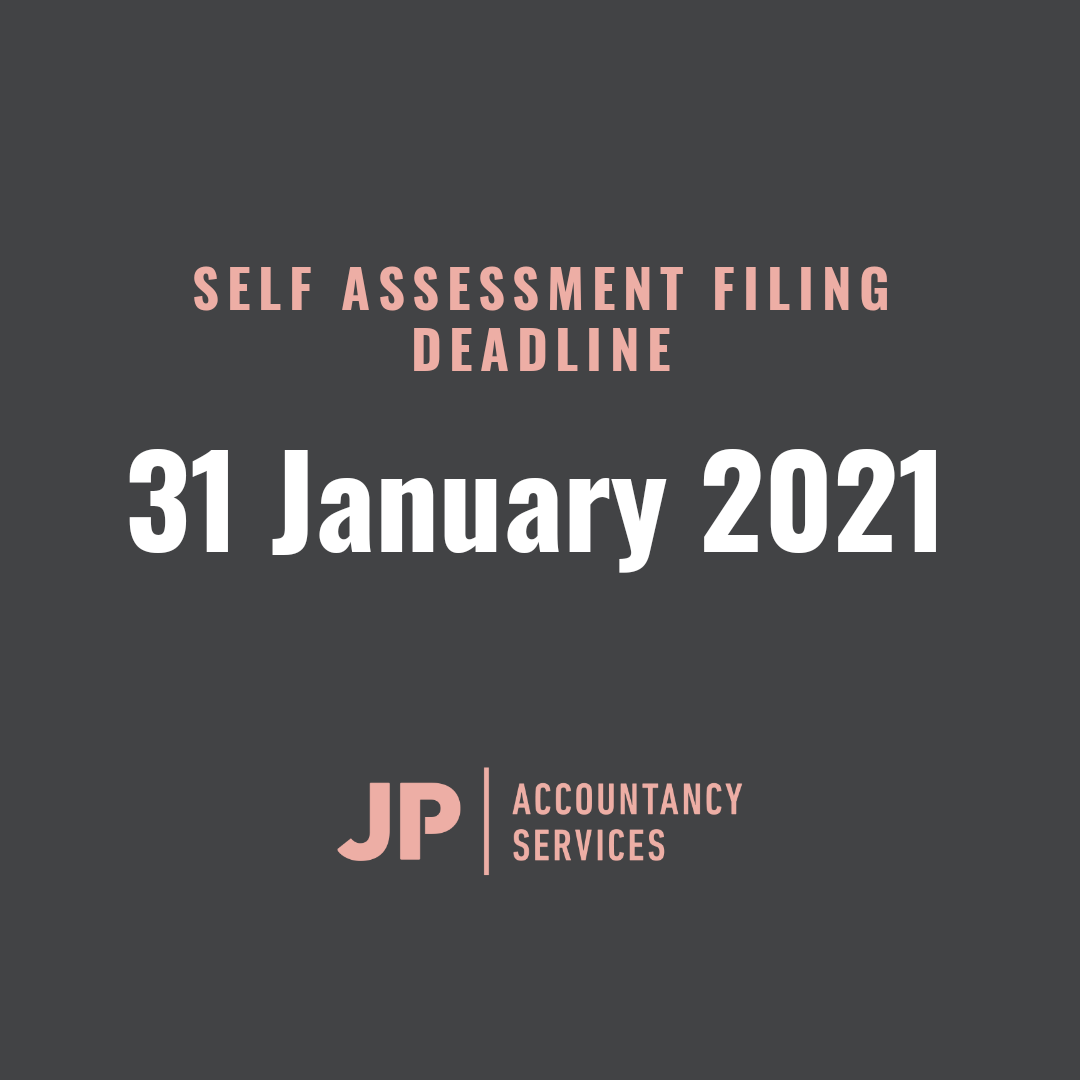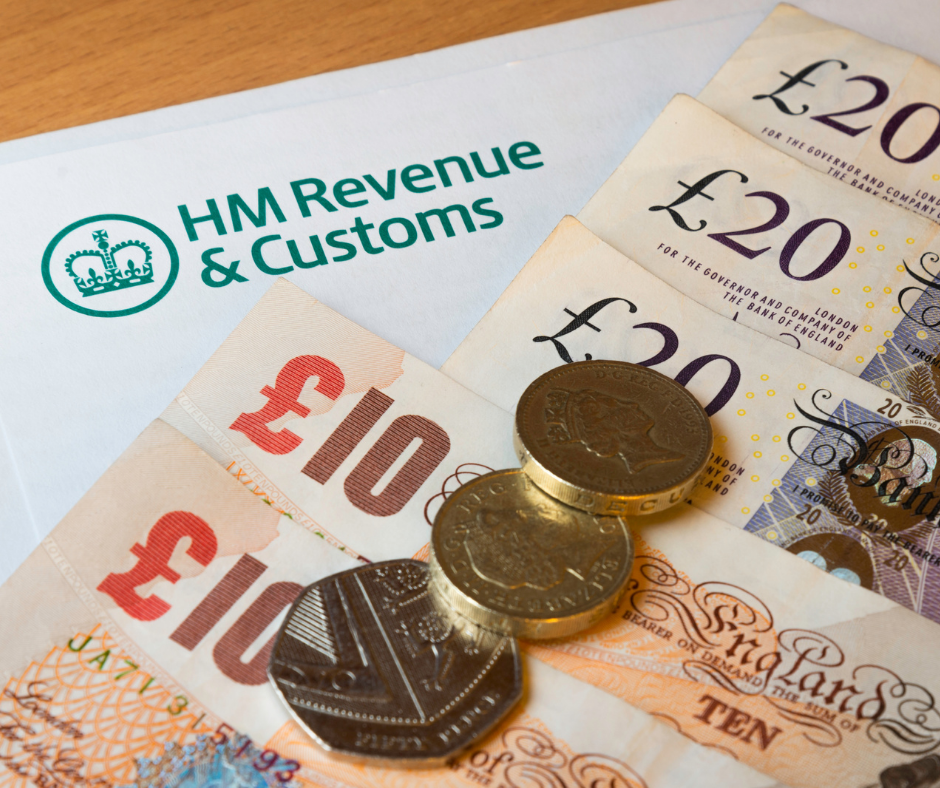VAT Changes for Construction Industry

Businesses working in the construction industry usually need to register for the Construction Industry Scheme (CIS). From 1 March 2021, VAT registered businesses in the industry will need to apply the new domestic reverse charge.
Sales
Sales that fall under the construction industry scheme and attract VAT (20%/5%) will be subject to the reverse charge treatment if the customer is registered for VAT & CIS. This means that the amount of VAT charged on the invoice will be nil. When preparing your VAT return, the entries will be nil for output VAT and the amount billed will be your net sales figure. Here are the entries for an invoice for £1,000 where the domestic reverse charge has been applied:
- Box 1 – VAT on sales: £0 – no VAT will be charged
- Box 6 – Net sales: £1,000 – the net value per the invoice raised
Purchases
Unless you are the end user or the purchase is for using agency staff, you will need to provide the supplier with your VAT number and UTR for CIS purposes. They should then apply the reverse charge treatment. The amount you pay will not include any VAT but when completing your VAT return, you’ll need to enter the amount paid in box 7 (net purchases) and the amount of VAT that would have been charged in boxes 1 (VAT on sales) & 4 (VAT on purchases) so that the overall effect is nil. For example, if the invoice value is £1,000 and would be subject to 20% VAT, the entries on your VAT return will be:
- Box 1 – VAT on sales: £200 – notional VAT (should be equal to box 4)
- Box 4 – VAT on purchases: £200 – notional VAT (apply the VAT rate that would have applied to the purchase under normal VAT rules)
- Box 5 – VAT due to/from HMRC – £0 – the net effect of the above adjustments will be nil
- Box 7 – Net purchases – £1,000 – the net value per the invoice received
What do I need to do now?
You will need to check the following things:
- Does your accounting system handle the domestic reverse charge for CIS?
- Are your staff aware of the change in legislation? If so, do they understand how to account for the changes?
- Do you use cash accounting for VAT? Transactions subject to these new rules cannot be accounted for on the cash basis.
- Do you use the flat rate scheme for VAT? Transactions subject to these new rules should not be included in your VAT calculations.
- Are the services you supply on the exemption list?
Should you have any questions on the domestic reverse charge or VAT or CIS in general then please get in touch. If you would like a copy of my free guide on how to apply the domestic reverse charge for VAT, please visit the home page.



